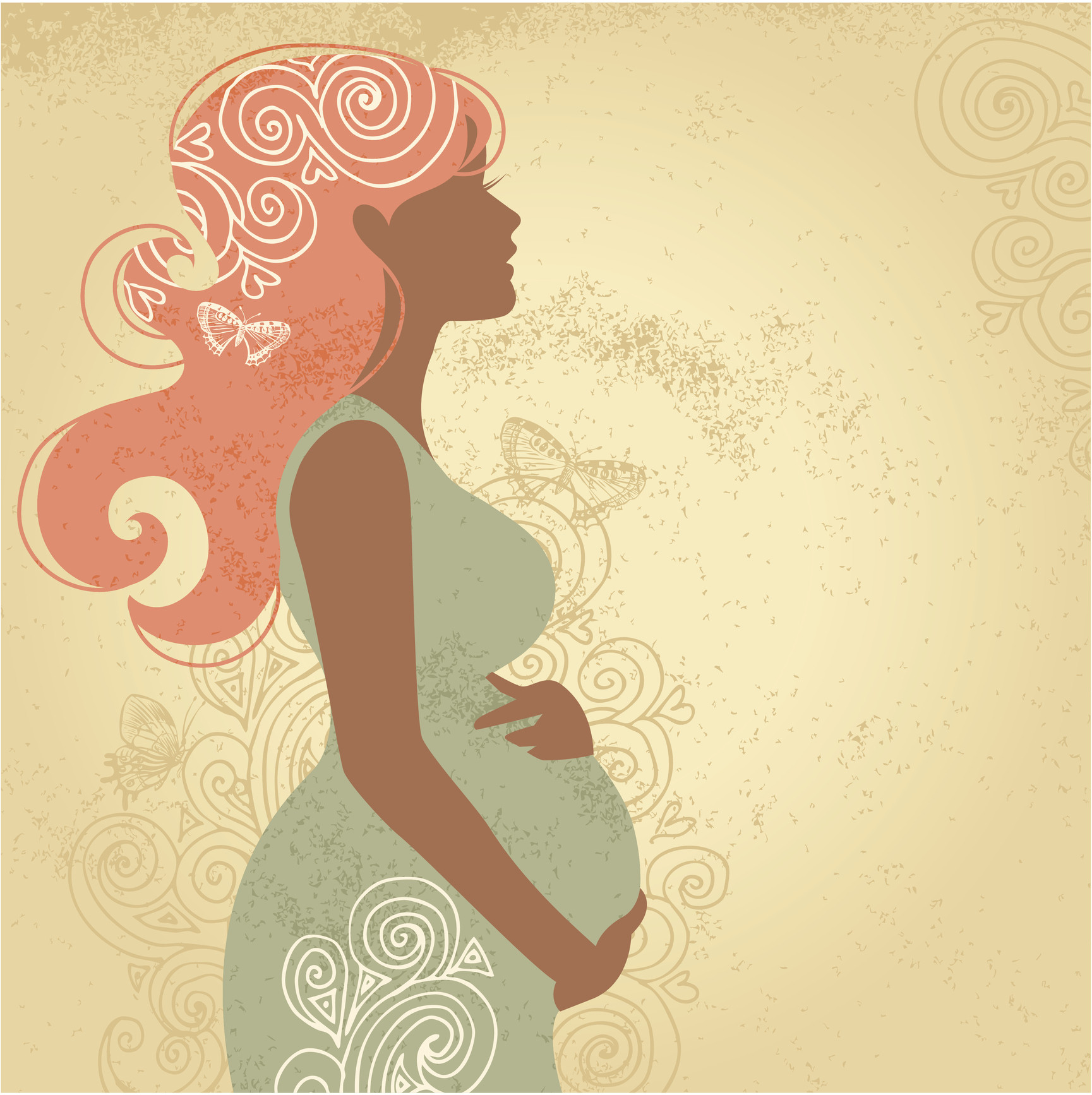Recent Blog Articles

How –– and why –– to fit more fiber and fermented food into your meals

Tick season is expanding: Protect yourself against Lyme disease

What? Another medical form to fill out?

How do trees and green spaces enhance our health?

A muscle-building obsession in boys: What to know and do

Harvard Health Ad Watch: New drug, old song, clever tagline

Concussion in children: What to know and do

What color is your tongue? What's healthy, what's not?

Your amazing parathyroid glands

When — and how — should you be screened for colon cancer?
Birth Control Archive
Articles
Predicting heart disease: The sex factor
Several sex-specific issues may foretell a higher risk of cardiovascular problems in women and men.
Image: © bowdenimages/Getty Images
You probably know the key health indicators that pose a danger to your heart, such as high cholesterol and elevated blood pressure. But many people are not aware of the sex-specific conditions that may serve as early warning signals for heart disease.
For women, these include problems that sometimes occur during pregnancy, as well as other diseases that are more prevalent in females (see "Female-focused cardiac risks"). For men, it's a relatively common problem that's less commonly discussed: erectile dysfunction.
Baby’s early arrival may hint at future heart problems for mom
Preterm birth joins other pregnancy-related conditions as potential heart risk factors.
Image: © metinkiyak/Getty Images
Preterm birth has long been known to bring health risks for the baby, but it may also bring risks for the mother. A study in the June issue of Hypertension shows that women who gave birth to a baby before 37 weeks of pregnancy were more likely to experience rising blood pressures later on compared to women who delivered closer to term. If they had this pattern, they were also more likely to show signs of coronary artery disease, which is associated with an increased risk of heart attack and stroke.
Because of the unique demands that pregnancy places on a woman's body, it may serve as a stress test for the female heart, says Dr. JoAnn E. Manson, the Michael and Lee Bell Professor of Women's Health at Harvard Medical School. In the May issue, we talked about how other pregnancy-related conditions — gestational diabetes, pre-eclampsia (a type of pregnancy-induced high blood pressure), and other pregnancy-related hypertensive disorders — can raise a woman's risk of developing cardiovascular disease. Preterm birth should now join that list, says Dr. Manson.
Study finds weak link between birth control and breast cancer
Overall risk is very small, and older women who used hormonal contraceptives many years ago aren't likely to have a higher risk.
Image: © designer491/Getty Images
Hormonal birth control — whether it comes as pills, injections, a ring, an intrauterine device (IUD), or an implant — may raise your risk of breast cancer, according to a study published Dec. 7, 2017, in The New England Journal of Medicine.
If you're like many women who currently use one of these contraceptive methods, or if you used one for years in the past, should you be worried?
Using social media to help parents get vaccine questions answered
Doctors want their patients to have access to accurate and helpful health information, and today that means online. Researchers found that expectant mothers who used a website that provided information about vaccines were more likely to get their babies vaccinated.
Recent Blog Articles

How –– and why –– to fit more fiber and fermented food into your meals

Tick season is expanding: Protect yourself against Lyme disease

What? Another medical form to fill out?

How do trees and green spaces enhance our health?

A muscle-building obsession in boys: What to know and do

Harvard Health Ad Watch: New drug, old song, clever tagline

Concussion in children: What to know and do

What color is your tongue? What's healthy, what's not?

Your amazing parathyroid glands

When — and how — should you be screened for colon cancer?
Free Healthbeat Signup
Get the latest in health news delivered to your inbox!
Sign Up











